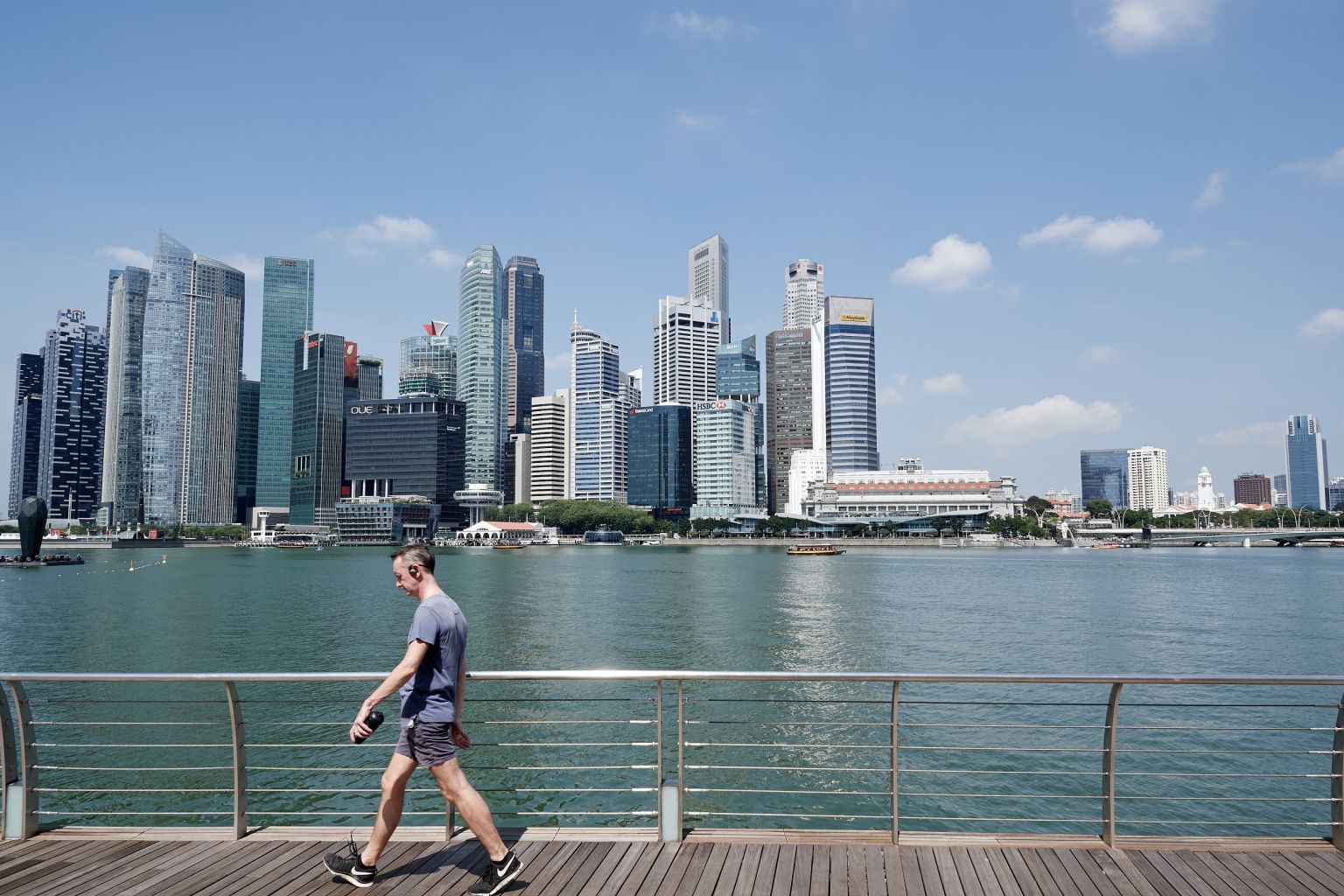Singapore back among top 20 most expensive cities for expats
Sign up now: Get ST's newsletters delivered to your inbox

Singapore's economy expanded 4.4 per cent in the first quarter of this year, in line with the expectations of economists and faster than the 3.6 per cent growth in the preceding quarter.
PHOTO: ST FILE
SINGAPORE - Singapore swung back into the top 20 list of the most expensive cities in the world for expatriates, due in part to a strengthening currency.
The city state squeezed back into the final spot in the top 20 last year after having fallen to 24th place in 2017, according to the latest cost of living survey published by data provider ECA International.
This is still below Singapore's peak in 2016, when it ranked 18th in the world.
Lee Quane, regional director - Asia at ECA International, said: "The price of goods and services included in our basket has only seen a modest increase in Singapore over the past 12 months, in line with other similar economies in Asia.
"However, the rise in the rankings has been due to the relative strength of the Singapore dollar versus the US greenback in the past year."
ECA International carries out biannual cost of living surveys in March and September that compare a basket of like-for-like consumer goods and services commonly purchased by expatriates worldwide. However, costs such as accommodation rental, utilities, car purchases and school fees are not included in the basket as these are usually covered by separate allowances.
In the global rankings, Caracas in Venezuela now tops ECA's list of the most expensive cities in the world, thanks to skyrocketing inflation.
It was followed by four Swiss cities - Zurich, Geneva, Basel and Bern - and last year's most expensive location, Luanda in Angola.
Tokyo, Japan, was the most expensive Asian city, coming in 7th in the global list, followed by Seoul, South Korea, in 8th place. Shanghai in China also made it to the top 10 this year. Oslo, Norway, came in 9th.
Hong Kong saw a significant drop in the rankings, falling from the second most expensive location in the world to 11th - its lowest position since 2015.
Mr Quane said: "The main reason behind the drop is the fall in value of the US dollar, against which the Hong Kong dollar is pegged, over the last year."
Exchange rates have been the main cause of movements in the rankings in the past 12 months.
But he added that rates of price increases throughout most of the major locations in Asia have been "quite low", while the currency movements have been volatile with several emerging market currencies strengthening against the US dollar in the last year.


